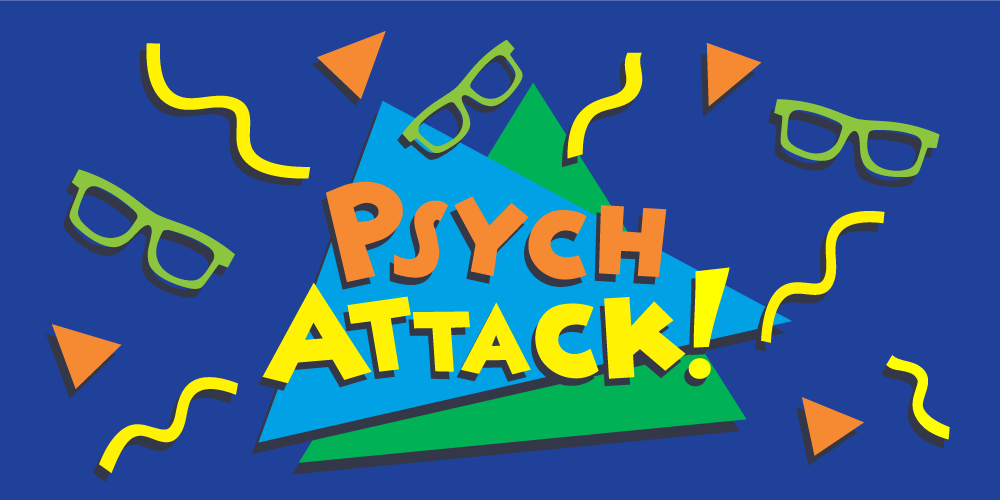
Prospective memory
A while back, I caught up with Dr Nicole Sugden to discuss the importance of psychometric evaluation of assessment tools in psychological research. We spoke about Nicole’s fascinating research in the areas of premorbid functioning and prospective memory. In this taster of a post, I have drawn out Nicole’s description of what prospective memory is, why prospective memory is important for researchers and practitioners to understand and some basic tips for improving your own prospective memory.
If you want to hear the whole conversation, you can listen on the Psych Attack podcast website or on your preferred podcast platform (e.g., Spotify or Apple Podcasts).
Dr Nicole Sugden is Senior Lecturer and Associate Head of School (Learning and teaching) with the School of Psychology, Charles Sturt University.
What is prospective memory?
Prospect memory is remembering to do things on time, at some point in the future. It is a memory process we use every day. It includes things such as remembering to:
- take your medication
- go to an appointment
- put the bins out for collection
- say happy birthday to a friend.

Why is it important that researchers and practitioners understand how prospective memory works?
- Studies show that when people complain about their memory, it’s usually prospective memory that they’re complaining about (as compared to forgetting things that have happened in the past or difficulty forming new memories).
- In general, lapses in prospective memory can result from a busy lifestyle or the presence of environmental distractions.
- Clinically, impaired prospective memory can be an indicator for Parkinson’s disease, schizophrenia, multiple sclerosis, HIV, traumatic brain injury, acquired brain injuries like stroke, dementia, mild cognitive impairment, and alcohol and other substance misuse.
Ways to improve your prospective memory
- Pay attention and be mindful of intentions. When you decide something is worth doing, setting that intention is really important. Write it down straight away so that you are encoding it properly and so that you will be more likely to remember to do it. The reason you occasionally lose your phone or keys is probably because you sat them down absent-mindedly when you got home (i.e., not paying attention to where you were placing them and why).
- Use visualisation. Converting the intention into memory (encoding) can be enhanced through visualisation. If you need to remember to buy milk when you go to the supermarket, picture yourself in the milk aisle and grabbing the milk. This method increases your prospective memory performance so you will be less likely to get home and think, ‘oh man, I forgot the milk!’
- Don’t assume that because it’s important you will remember. Life is busy and full of distractions. You are not likely to remember something important without some kind of a reminder, so…
- Use memory aids. If you think something is important to remember, use a memory aid and you’re more likely to be successful:
- Write yourself a note – I am personally very fond of post-its
- Use a device to set an alarm
- Keep some other physical reminder with you
- More ideas here on the Alzheimer’s Society website.
- Think about the timing and placement of reminders. Memory aids are only effective if they prompt you at the right time and place:
- If using a device, consider using location-based or time-based reminders and make sure your device is charged and with you.
- Position other types of memory aids where they will be most useful. For example, if you have to remember to take something to work, place it near the door so you’ll see it on your way out or put it in the bag you take to work everyday as soon as you set the intention to take it to work.
Author note
For other interesting information about psychological research and practice, check out my other blog posts and have a listen to my podcast Psych Attack.
Photo
By Dan Smedley on Unsplash
